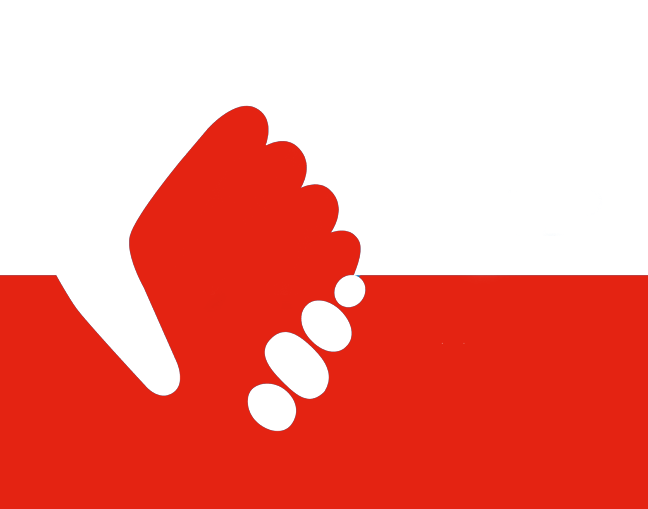
The Warehouse Group is not new to social health initiatives, already providing free counselling, its ‘Violence, it’s not ok’ policy and also is one of the New Zealand sites which includes the domestic help line The Shielded Site.
The new policy is aimed at helping employees who are struggling with mental health and suicidal tendencies.
The new policy will provide a free GP visit for team members who are experiencing mental and emotional distress that may put them at risk of suicide. It will also allow team members to accompany an immediate family member or colleague experiencing distress to a GP so that they can be a support person.
Chief people officer Anna Campbell said the policy is designed to minimise any barriers to accessing support for those in mental distress; particularly in terms of the cost of a doctor’s visit.
“Experts tell us the cost of a GP visit can often be a barrier for people who need support; we want to remove that and make sure people get the help they need when they need it without having to worry about money,” said Campbell.
“By educating our managers about suicide, how to recognise warning signs and how to take action to refer people to the right support, we hope we can make a difference for not only our team members, but also for their families.”
The Warehouse Group is a team of 12,000 strong. The training material will be launched out from early 2018.
Shaun Robinson chief executive of the Mental Health Foundation says the new policy is a great step in what will hopefully inspire another corporation to follow suit.
“Thousands of people get through the tough times and go on to thrive with the support of colleagues, community and professionals. The Warehouse is to be congratulated for taking this step to provide that support, prevent suicide and work toward the mental wellbeing of their staff and communities.”
New Zealand has one of the highest suicide rates in the world, 606 Kiwis took their own life in the 2016-17 year, up from 579 the previous year and 564 the year before that.




